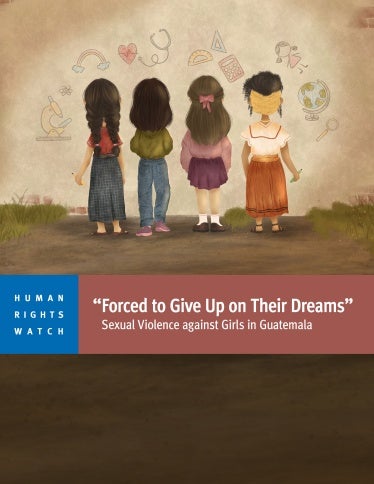Facing the Bulldozers
Iban Indigenous Resistance to the Timber Industry in Sarawak, Malaysia
The 54-page report, “Facing the Bulldozers: Iban Indigenous Resistance to the Timber Industry in Sarawak, Malaysia,” details how the Malaysian company Zedtee, part of the Shin Yang Group timber conglomerate, logged in the ancestral territory of the Iban community Rumah Jeffery without their consent. Human Rights Watch found that Zedtee’s conduct did not meet Sarawak’s laws and policies, or the terms of the Malaysian Timber Certification Scheme. Rather than hold Zedtee accountable, the Sarawak state government threatened to arrest protesters and demolish Rumah Jeffery’s village.

















